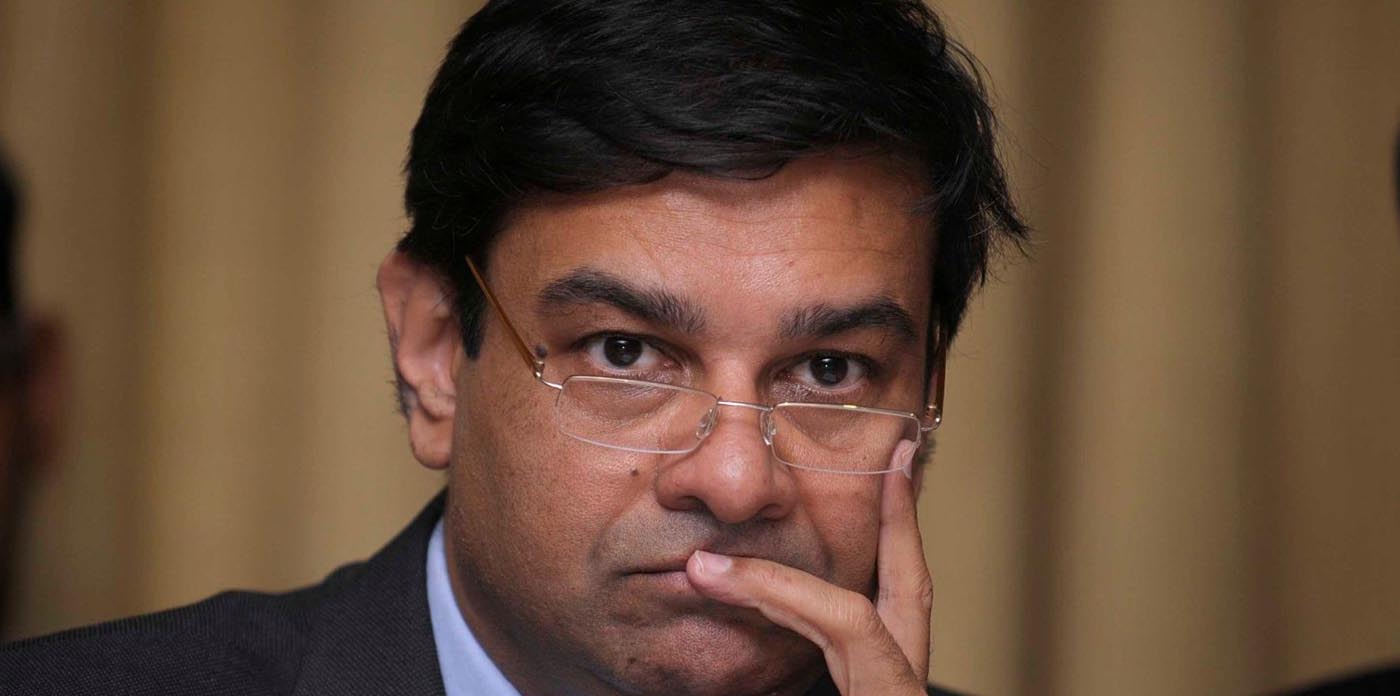Demonetisation to have transformative effect on economy: Urjit Patel
December 29, 2016
Mumbai: RBI Governor Urjit Patel on Thursday said the demonetisation exercise will have “far reaching changes” towards a transformative effect on the economy going forward, despite some short-term disruptions and “public hardship”.
He also cautioned that there was “little room for complacency and it is important to guard against sporadic volatility in financial markets”.
“The withdrawal of specified bank notes will impart far reaching changes going forward. It is expected to significantly transform the domestic economy,” Patel said in his foreword to the half-yearly Financial Stability Report.
He said the increasing adoption of digital modes of payments will lead to greater intermediation, efficiency gains, accountability and transparency.
The RBI Governor acknowledged there have been short-term disruptions and hardship to the public because of the move to scrap the high denomination notes of Rs 500 and Rs 1,000 announced on November 8 by Prime Minister Narendra Modi.
Banks are accepting the scrapped notes till tomorrow.
In an interview to PTI on November 27, Patel had said that the central bank is committed to easing honest citizens’ pain.
In the foreword, Patel said introduction of reform measures like the Goods and Services Tax on indirect taxation and the Bankruptcy Code for resolving asset quality stress will impart resilience to the economy.
On the domestic macroeconomic front, condition remain “stable” with a cool-down in inflation but Patel acknowledged that the growth momentum has “slackened” recently.
He said the country is adhering to international standards in banking without “losing sight of domestic compulsions”.
Patel said the global financial crisis led banks to do stress test and match risk appetites with risk taking capacity, and added that last year’s asset quality review and the subsequent corrective actions, which led to a spike in bad assets and shaving profits, are efforts in the same direction.
He said the stress shown by the domestic banking system is partly reflective of “legacy issues” but added that “enhanced transparency has helped to reinforce the stability of India’s financial system”.
The global uncertainties are on the rise and the hardening of interest rates in the US and rise in commodity prices, particularly crude oil, will only increase the risk of a spillover to emerging markets, he added.
“There is little room for complacency and it is important to guard against sporadic volatility in financial markets,” Patel said. PTI
Related Stories
Recent Stories
- With tears in eyes, Police Inspector tenders apology in Surat Court
- Rajkot Royal Mandhatasinh Jadeja comes in support of Rupala
- Viral video of two-year old child driving a bike; Police nab accused Taufik
- Atal bridge, walkways of Riverfront to remain open till 11 pm
- Western Railway to run 3 unreserved special trains from Udhna
- Raj Shekhawat detained at Ahmedabad Airport
- Two from Rajkot held at Delhi Airport for giving a nuclear bomb threat
